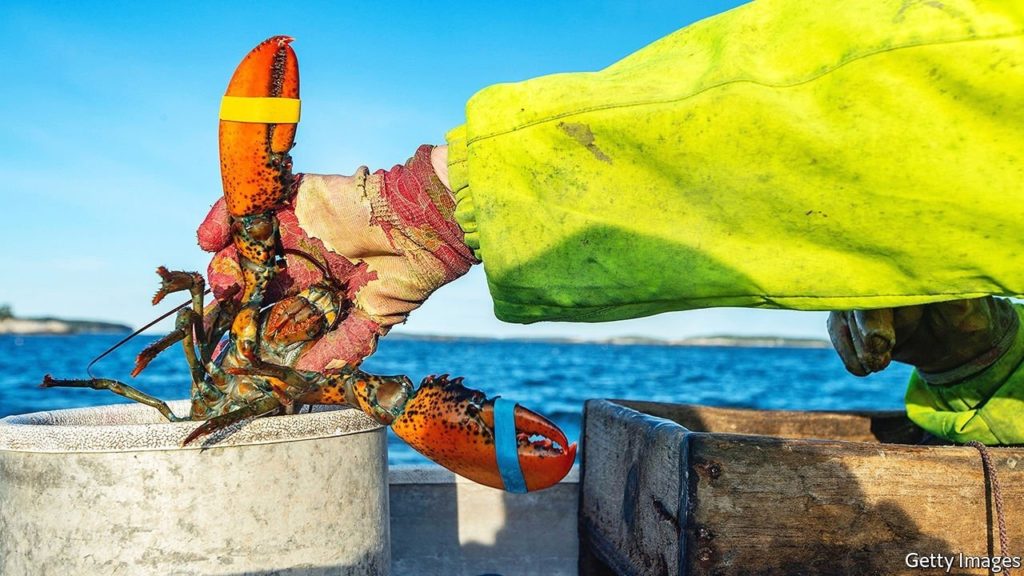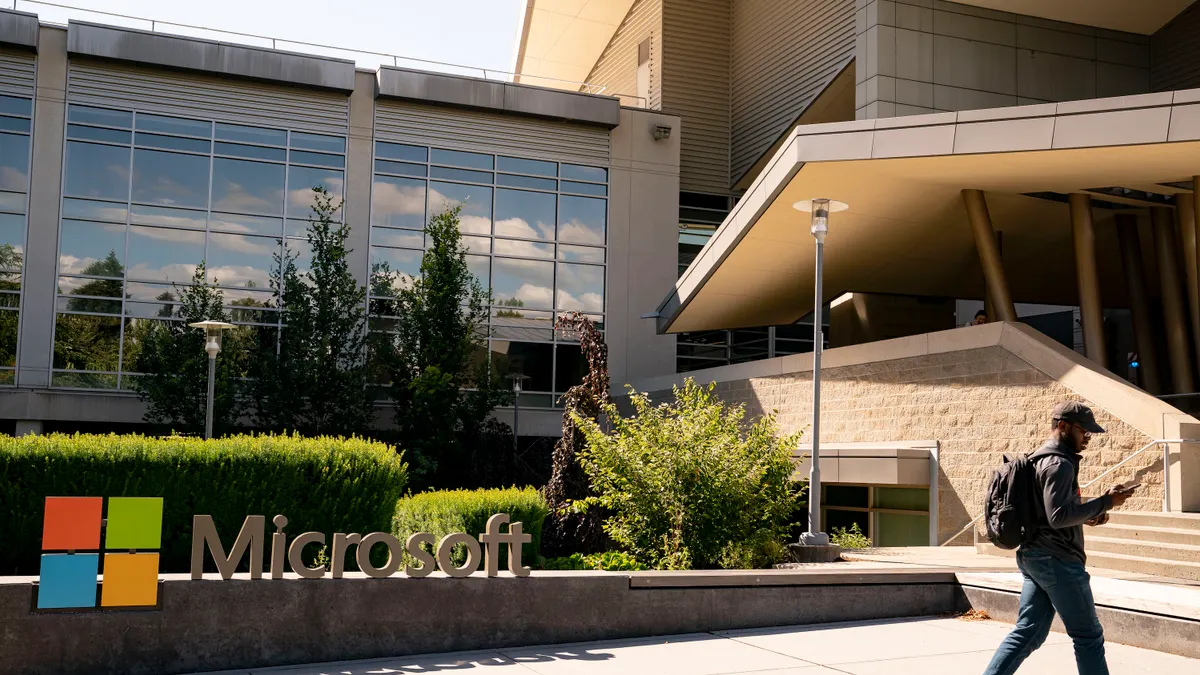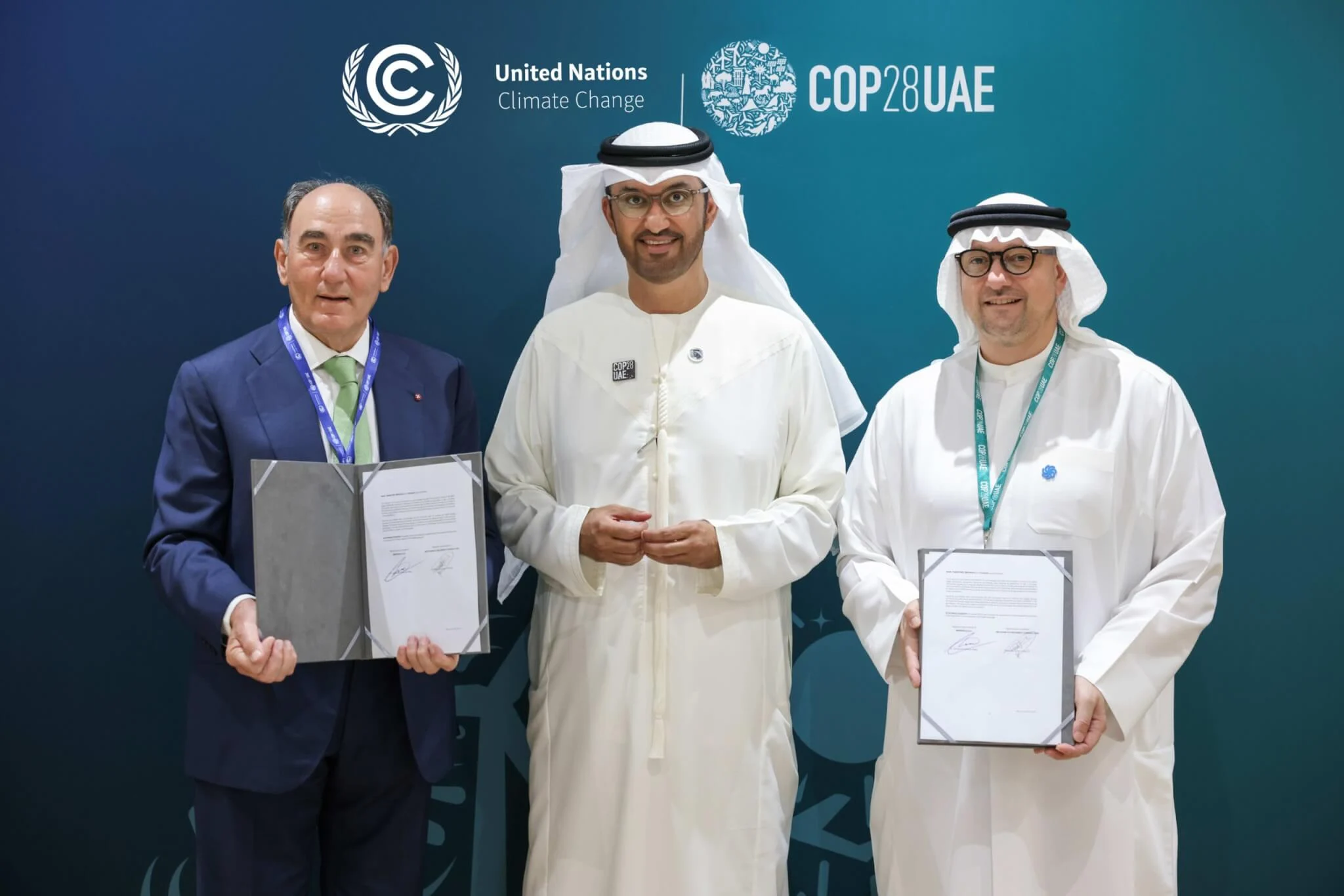Maine relies on its marine life, but climate change will alter what that means

(The Economist) – Steve Train used to finish work by 1pm. In those days, Mr Train—who has worked as a lobsterman in Maine for more than 30 years—didn’t have to travel far to find the critters. Now he sometimes wraps up closer to 4pm. Some lobsters are still close to shore, but rising temperatures have pushed many of them into deeper, cooler waters that take longer to reach. Where Mr Train will find the creatures has turned into something of a guessing game. “More of us are hunting all the time,” he says, as he sips a mezcal margarita from Luke’s Lobster, a waterfront restaurant in Portland’s historic Old Port. This is where he docks his boat, sells his catch and, three or four days a week, stops in for lunch (often a lobster blt, lobster roll or fried haddock bites). Lobstering is more than a job, he says. “It’s a culture.”
Warming waters have done more than change lobstermen’s schedules—they have disrupted entire ecosystems, the Gulf of Maine among them. The Gulf of Maine’s waters have warmed faster than 99% of the world’s oceans over the past 30 years. Experts attribute some of that to changing currents. The effects of the Gulf Stream from the south have grown stronger and have begun to constrict the flow of the Labrador current, which delivers cold water from the North Atlantic to the Gulf of Maine. “The magnitude of change is really going to be dependent on how much water temperatures change,” says Kathy Mills, a research scientist at the Gulf of Maine Research Institute. So far, the heat has altered the patterns of the state’s two most profitable species, lobsters and soft-shell clams, with some experts and industry folk worried about the potential for further population declines. Maine’s overall commercial landings brought in more than $500m last year, but maintaining those profits will require flexibility—at the least, it means acknowledging the gulf may look vastly different in years to come.












